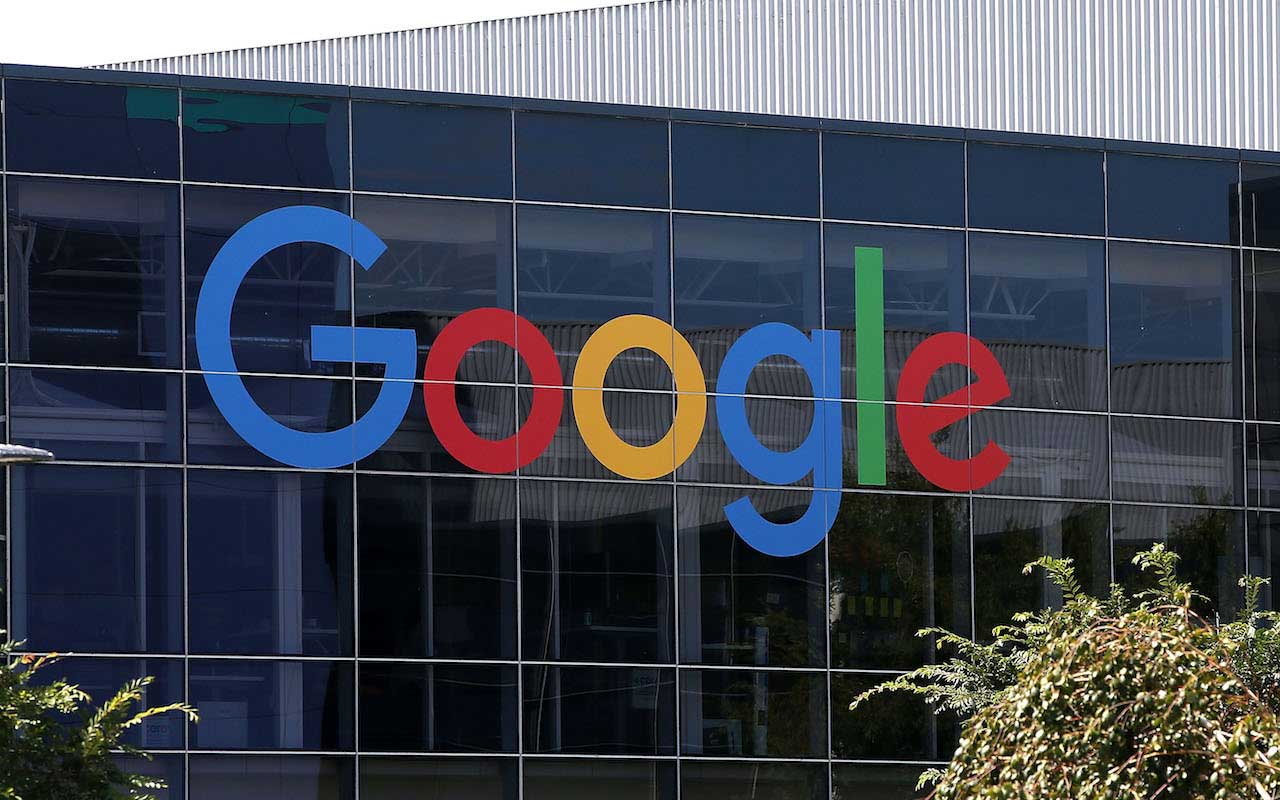Your Backup Gmail Account Could Disappear Today
Google plans to to wipe Gmail accounts and other Google service logins that have gone unused for too long.


Profit and prosper with the best of Kiplinger's advice on investing, taxes, retirement, personal finance and much more. Delivered daily. Enter your email in the box and click Sign Me Up.
You are now subscribed
Your newsletter sign-up was successful
Want to add more newsletters?

Delivered daily
Kiplinger Today
Profit and prosper with the best of Kiplinger's advice on investing, taxes, retirement, personal finance and much more delivered daily. Smart money moves start here.

Sent five days a week
Kiplinger A Step Ahead
Get practical help to make better financial decisions in your everyday life, from spending to savings on top deals.

Delivered daily
Kiplinger Closing Bell
Get today's biggest financial and investing headlines delivered to your inbox every day the U.S. stock market is open.

Sent twice a week
Kiplinger Adviser Intel
Financial pros across the country share best practices and fresh tactics to preserve and grow your wealth.

Delivered weekly
Kiplinger Tax Tips
Trim your federal and state tax bills with practical tax-planning and tax-cutting strategies.

Sent twice a week
Kiplinger Retirement Tips
Your twice-a-week guide to planning and enjoying a financially secure and richly rewarding retirement

Sent bimonthly.
Kiplinger Adviser Angle
Insights for advisers, wealth managers and other financial professionals.

Sent twice a week
Kiplinger Investing Weekly
Your twice-a-week roundup of promising stocks, funds, companies and industries you should consider, ones you should avoid, and why.

Sent weekly for six weeks
Kiplinger Invest for Retirement
Your step-by-step six-part series on how to invest for retirement, from devising a successful strategy to exactly which investments to choose.
Remember that old Gmail account you set up to collect spam a long time ago? It could get caught in a Google security purge of epic proportions, starting today.
Learn why and when it's happening – and how to protect your Google emails, files, videos and more from disappearing into the digital ether.
Dormant Gmail accounts can be security threats
Back in May 2023, Google posted a hugely consequential safety and security update to its company blog The Keyword. In the update, Google noted that their users crave safety and security, and that accounts unused for long periods of time are more likely to be compromised.
From just $107.88 $24.99 for Kiplinger Personal Finance
Become a smarter, better informed investor. Subscribe from just $107.88 $24.99, plus get up to 4 Special Issues

Sign up for Kiplinger’s Free Newsletters
Profit and prosper with the best of expert advice on investing, taxes, retirement, personal finance and more - straight to your e-mail.
Profit and prosper with the best of expert advice - straight to your e-mail.
This higher hacking risk factor comes from accounts having older passwords, lacking two-factor security, and receiving less attention to odd account behavior from users. Google ran an analysis of user accounts that showed dormant accounts are 10 times less likely to have two-factor authentication than active accounts.
Once an intruder takes control of a Google account, they can use it to send spam to the account's contacts and other random internet users. The unwanted user could even perpetrate identity theft on the unaware account owner.
Google previously let accounts stay dormant for an extended number of years with no activity, but no more.
Which accounts will be purged?
Google will delete dormant Gmail accounts and other Google properties including Docs, Drive, Meet, Calendar and Google Photos. Google accounts will only be affected if they haven't been used or signed into for at least 2 years.
So think long and hard - how long has it been since you've checked on that spam-eater Gmail account? Or looked at your Google Photos? Chances are those old accounts are perilously close to getting the ax.
Google clarifies that their new account retention policy only applies to personal Google Accounts and will not affect business or school accounts. The company claims it is bowing to industry standards on account retention and deletion, as well as reducing the amount of time it keeps users' private data on file.
Timeline for affected users
Since the announcement in May, Google has sent a series of warnings to the user accounts themselves and their associated recovery email address. If these notices go unheeded, Google will delete the entire account.
While the policy officially took effect on May 16, the first accounts in Google's priority list will be deleted beginning today, December 1, according to CNN.
The first accounts to go will be those that were created and never actually used, followed by accounts with more regular usage patterns.
So if you've never logged into your account, consider this your final warning. Others with more sporadic use may have a longer grace period, but Google will still wipe their accounts eventually absent any user action.
How to keep your Google accounts active
Users have a few simple options to keep their accounts active and exempt from Google's deactivation sweeps. Log into your dormant Google account and try any of the following steps:
- Search for anything via Google Search
- Use the Google Play Store to download a new app
- Use Google Drive to store or access files
- Watch a video on YouTube while logged into your account
- Send or read an email in your Gmail inbox
- Sign into a third party service using Sign in with Google
Related Content
Profit and prosper with the best of Kiplinger's advice on investing, taxes, retirement, personal finance and much more. Delivered daily. Enter your email in the box and click Sign Me Up.

Ben Demers manages digital content and engagement at Kiplinger, informing readers through a range of personal finance articles, e-newsletters, social media, syndicated content, and videos. He is passionate about helping people lead their best lives through sound financial behavior, particularly saving money at home and avoiding scams and identity theft. Ben graduated with an M.P.S. from Georgetown University and a B.A. from Vassar College. He joined Kiplinger in May 2017.
-
 Quiz: Do You Know How to Avoid the "Medigap Trap?"
Quiz: Do You Know How to Avoid the "Medigap Trap?"Quiz Test your basic knowledge of the "Medigap Trap" in our quick quiz.
-
 5 Top Tax-Efficient Mutual Funds for Smarter Investing
5 Top Tax-Efficient Mutual Funds for Smarter InvestingMutual funds are many things, but "tax-friendly" usually isn't one of them. These are the exceptions.
-
 AI Sparks Existential Crisis for Software Stocks
AI Sparks Existential Crisis for Software StocksThe Kiplinger Letter Fears that SaaS subscription software could be rendered obsolete by artificial intelligence make investors jittery.